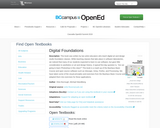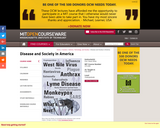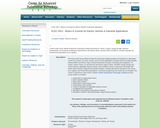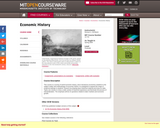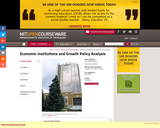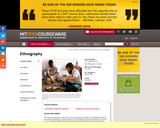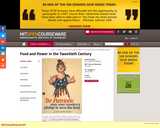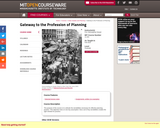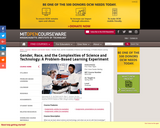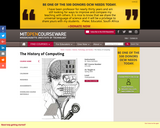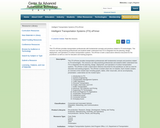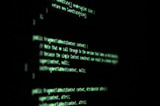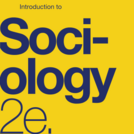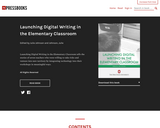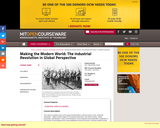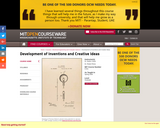
Role of the engineer as patent expert and as technical witness in court and patent interference and related proceedings. Rights and obligations of engineers in connection with educational institutions, government, and large and small businesses. Various manners of transplanting inventions into business operations, including development of New England and other US electronics and biotech industries and their different types of institutions. American systems of incentive to creativity apart from the patent laws in the atomic energy and space fields. For graduate students only; others see 6.901.
- Subject:
- Applied Science
- Engineering
- Material Type:
- Full Course
- Provider:
- M.I.T.
- Provider Set:
- M.I.T. OpenCourseWare
- Author:
- Rines, Robert
- Date Added:
- 01/01/2008
